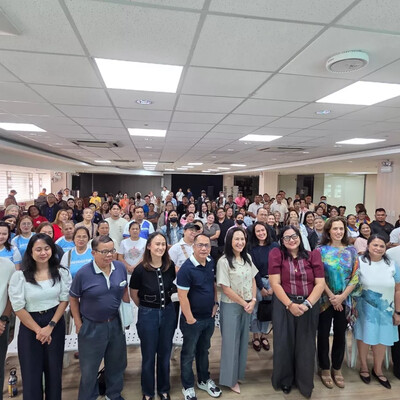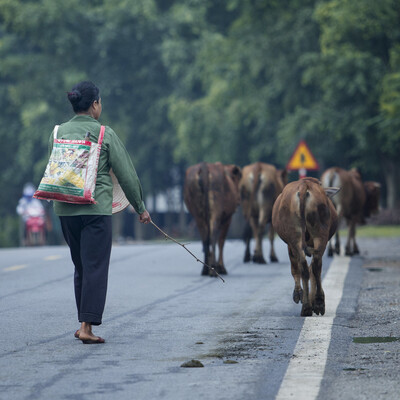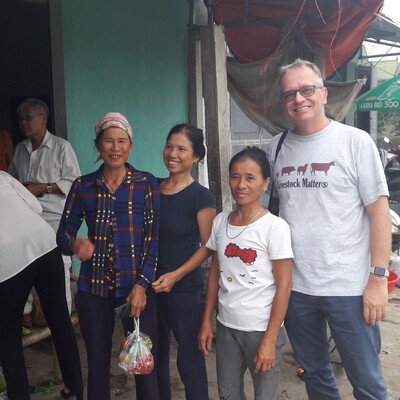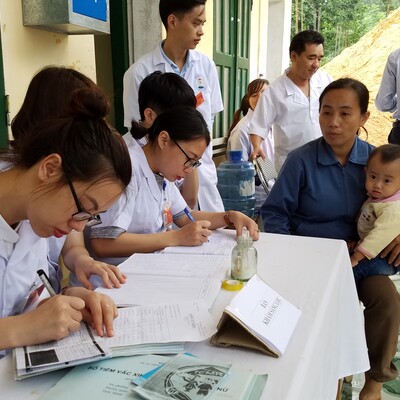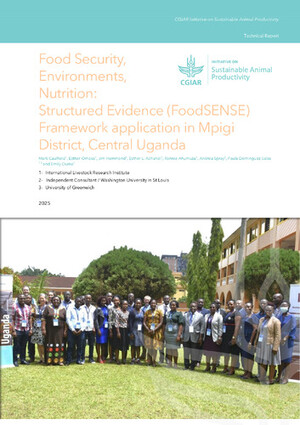
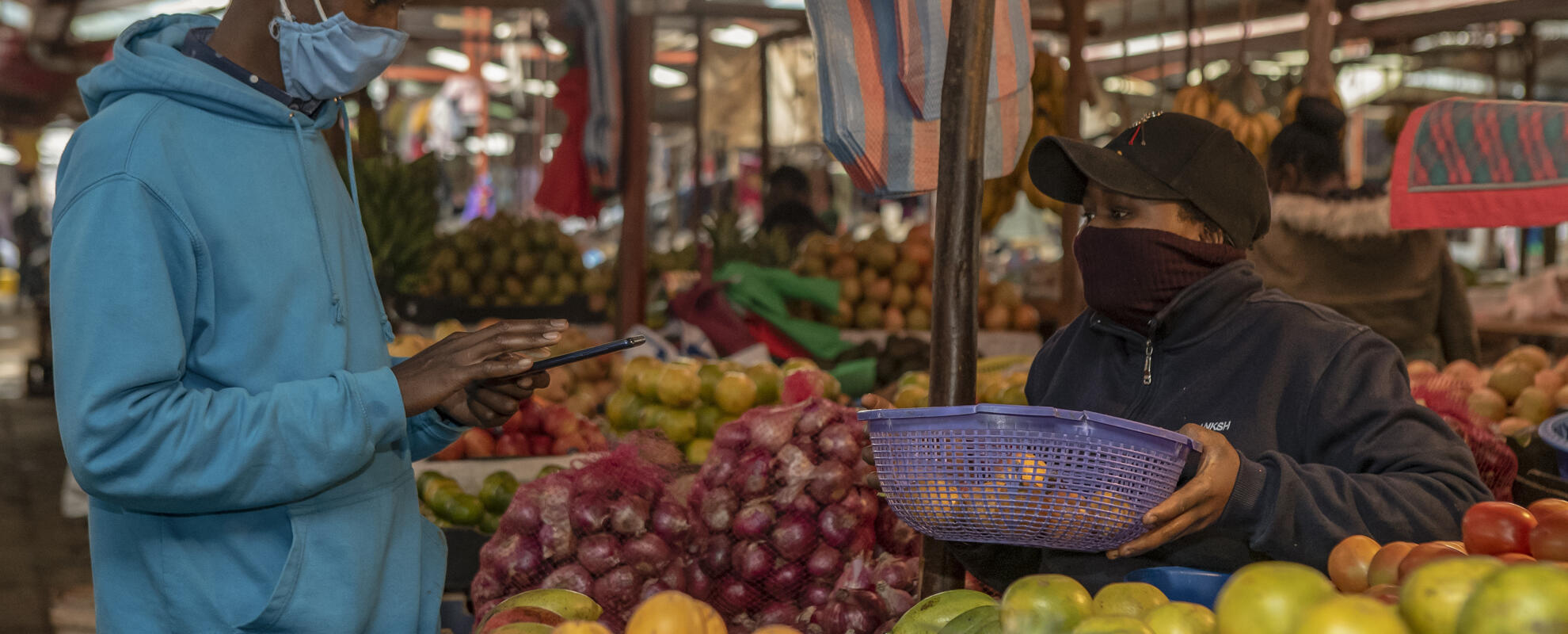
Experts call for a paradigm shift in food safety for Africa
As we approach the end of the Malabo Declaration on Accelerated Agricultural Growth and Transformation for Shared Prosperity and Improved Livelihoods in 2025, a chapter in the 2023 Regional Strategic Analysis and Knowledge Support System (ReSAKSS) Annual Trends and Outlook Report (2023 ATOR) discusses food safety within the context of food systems transformation in Africa.
The authors, who are affiliated with the African Union, AKADEMIYA2063, the International Livestock Research Institute and the University of Greenwich, take stock of the continuing progress and changes needed to attain food safety for all in Africa.
The chapter reveals that Africa has made some progress in its food safety system and management, particularly some of its policy practices and legal policies.
These are particularly related to the emergence of its continental food safety policy agendas, which seek to improve coordination among the different drivers and actors of food safety systems, while moving from fragmented food safety management.
However, the authors note that significant gaps exist that need to be bridged to enable the emergence of an improved food system capable of ensuring safe and sustainable food system transformation for the continent.
These gaps are in respect to a food safety investment framework, poor generation of credible evidence and data for state-of-the-art risk assessments, and food safety management, as well as poor food safety culture and norms, among others.
The chapter begins with background about the health and economic impact of unsafe food as well as the changing situations and trends shaping the food safety landscape.
It briefly introduces basic concepts in global best practices and attempts to put that into the context of the food safety situation in Africa.
It then takes stock of continental policies and initiatives of relevance to raise food safety levels in Africa.
The missing links and priorities in the next section of the chapter depict critical items for consideration to achieve a paradigm shift in food safety within the continent; the section ends with a focus on key elements of the paradigm shift.
The chapter concludes with recommended policy directions.
Citation
Ayalew, A., Kareem, F.O. and Grace, D. 2023. A paradigm shift in food safety for Africa. IN: Ulimwengu, J.M., Kwofie, E.M. and Collins, J. (eds), African food systems transformation and the post-Malabo agenda. ReSAKSS 2023 Annual Trends and Outlook Report. Kigali, Rwanda and Washington, DC, USA: AKADEMIYA2063 and International Food Policy Research Institute. pp. 106–120.
Photo credit: Market place in Kenya (World Bank/Sambrian Mbaabu)
You may also like
Related Publications

Reusable plastic crates vs. wooden crates: Comparing microbial contamination and costs during long-distance transportation of tomatoes in Ethiopia
- Gemeda, Biruk A.
- Amenu, Kebede
- Ganser, C.
- Wagenberg, C.P.A. van
- Girma, S.
- Bihon, W.
- Srinivasan, R.
- Guder, D.
- Abdurehman, A.
- Gelan, E.
- Friedlich, L.M.
- Danyluk, M.D.
- Havelaar, A.H.
- Knight-Jones, Theodore J.D.
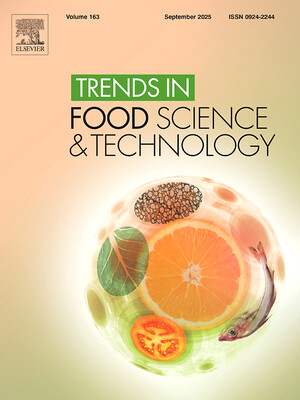
Uncertain times require new thinking for agri-food science to ensure food security and nutrition for all
- Fraser, E.D.G.
- Adeyemo, O.
- Amiot-Carlin, M.-J.
- Azam-Ali, S.
- Caron, P.
- Cole, M.
- Clapp, J.
- Duwayri, M.
- Echeverría, R.
- Elizondo, C.
- Elver, H.
- Lehman, B.
- Recine, E.
- Schönfeldt, H.C.
- Serraj, R.
- Suwa-Eisenmann, A.
- Tangermann, S.
- Webb, P.
- Wright, Iain A.
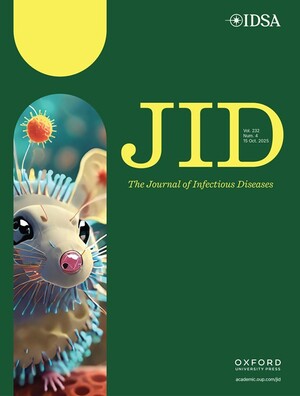
Rift Valley fever virus remains infectious in milk stored in a wide range of temperatures
- Dawes, B.E.
- De La Mota-Peynado, A.
- Rezende, I.M.
- Buyukcangaz, E.K.
- Harvey, A.M.
- Gerken, Keli N.
- Winter, C.A.
- Bayrau, B.
- Mitzel, D.N.
- Waggoner, J.J.
- Pinsky, B.A.
- Wilson, W.C.
- LaBeaud, A.D.

Enhancing chicken meat quality with user-friendly decontamination wipes
- Talukder, S.
- Sen, A.R.
- Devadason, I.P.
- Biswas, A.K.
- Kumar, M.S.
- Dhanze, H.
- Bhilegaonkar, K.N.
- Hung Nguyen-Viet
- Grace, Delia
- Deka, Ram Pratim





